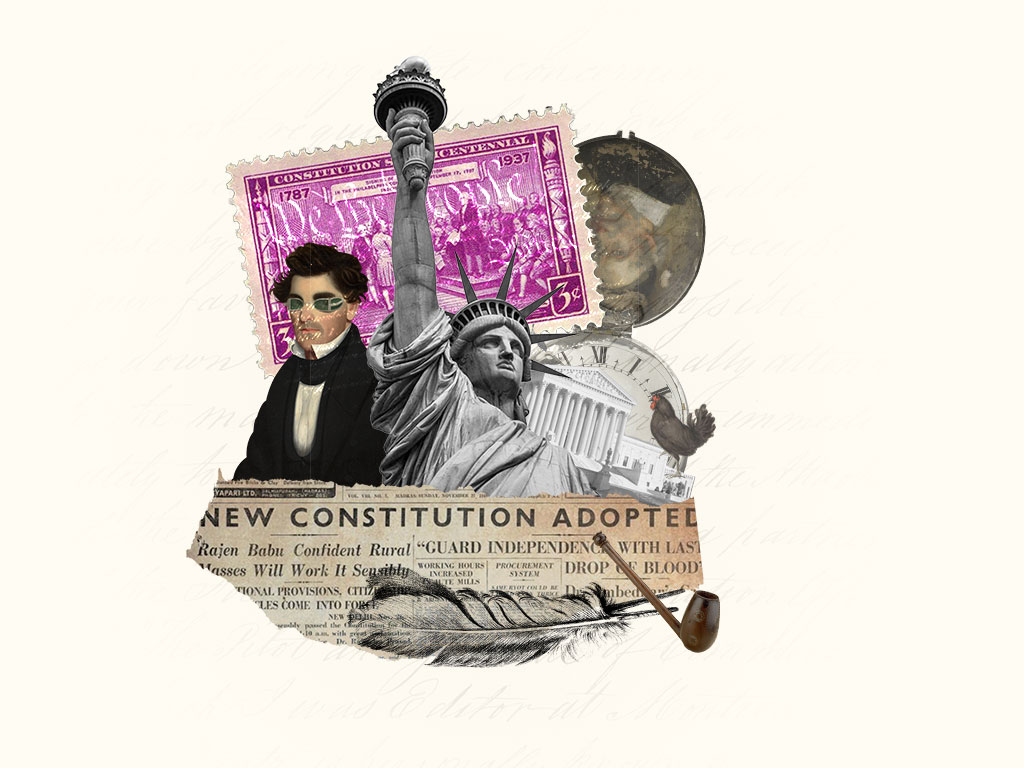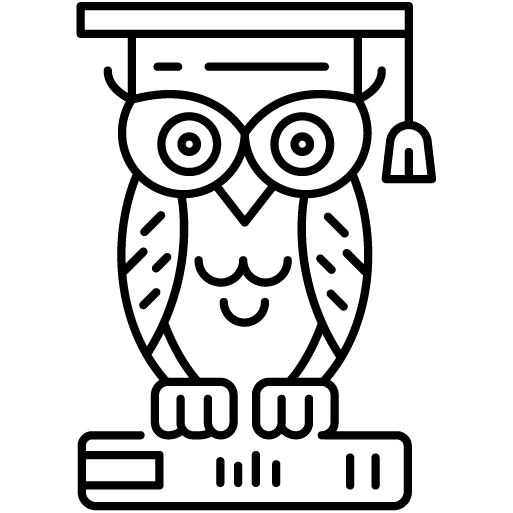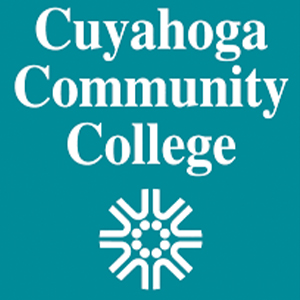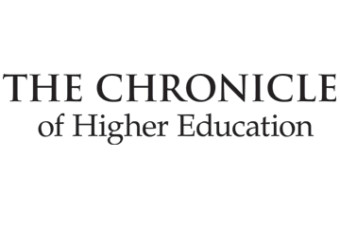The Great Questions
Foundation
Seeks to promote liberal education and core-text and discussion-based learning at the community college
We help promote liberal education and core-text and discussion-based learning at the community colleges by...
supporting faculty development
Helping community college faculty focus core-curriculum courses on the discussion-based study of transformative texts.
course redesign
Providing training and mentorship for faculty from all disciplines in their continued exploration of texts that investigate persistent human questions and the discussion-based approach to teaching them.
support core-text programs & courses
Organizing and supporting convenings, reading groups, speaker series and mentoring relationships directed to the improvement of discussion-based teaching and learning.
TGQF has helped faculty from the following institutions redesign core-curriculum courses to center the discussion based study of transformative texts:





























Transform the Community College General Education Experience
Help make general education, liberal education at your institution. Participate in one of our multiple programs to shape your teaching and curriculum by incorporating the discussion based study of transformative texts and ideas into the general educational journey of students at your community college.
The Fellowship Program
Supporting Faculty Leaders in Community College Liberal Education
Help make general education liberal education in this fellowship program, supported by a generous grant from the Mellon Foundation. Assemble a team at your institution to collaborate with others in this national project to expand discussion-based liberal education opportunities for community college students. Find out more below.
The Community College
Course Redesign Institute in American Political & Social Thought

New Program!
The Community College Course Redesign Institute in American Political and Social Thought aims to help instructors in history, political science, and related social sciences explore discussion-based approaches to studying transformative works in American political and social thought. Learn more about this support for curriculum exploration and course redesign, which includes both on-line and in-person activities.
Course Redesign Workshops
Application Deadline for Fall 2024: October 2
The Great Questions Foundation organizes course redesign workshops each year, which are geared toward helping faculty members incorporate the discussion-based study of texts from our list in general education courses at community colleges where they teach. Expect great discussion with community college faculty colleagues from all over the US.
Faculty Say

Confidence that I have the tools to facilitate student-centered, discussion-based courses, and to teach with a more diverse materials that might be somewhat out of my comfort zone or field of study.
TGQF Workshop Participant

I LOVED being a part of TGQF. It opened my eyes on how I was/am teaching my readings and how to discuss them with students. I now focus on broader, more connecting discussion questions and have noticed a big uptick in participation and engagement.
TGQF Workshop Participant

Combing through these great texts with the mindset of creating discussions that reflect the current world instead of trying to get my students to answer “correctly” and/or recite a quote from the reading.
TGQF Workshop Participant
Explore the Texts
What are the texts that faculty might explore with students in a discussion-based classroom that address these great questions most productively, which could be easily integrated into general education courses already present in most community college course catalogues? This is a list of 100 transformative texts that faculty representing 12 different institutions have identified as important in this regard.
Impact



TGQF in the News
OCTOBER 5, 2023

Community College Is The Future Of Liberal Education
It’s time to support the humanities there.
By Ted Hadzi-Antich Jr.
Sept. 4, 2023

College Students: School Is Not Your Job
College is a unique time in your life to discover just how much your mind can do.
By Jonathan Malesic
June 9, 2023

Great Books Can Heal Our Divided Campuses
Colleges need more programs where students of different backgrounds can wrestle together with the big questions posed by the humanities.

